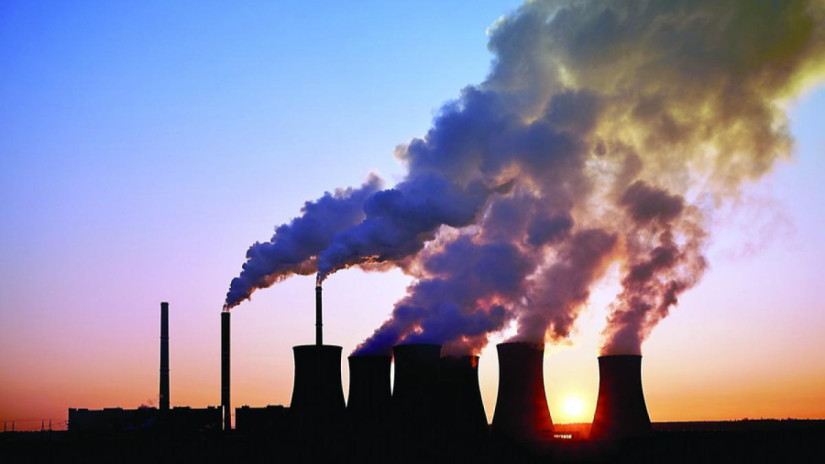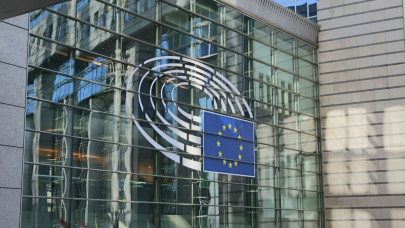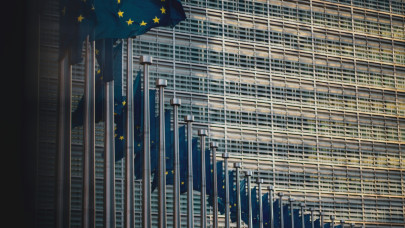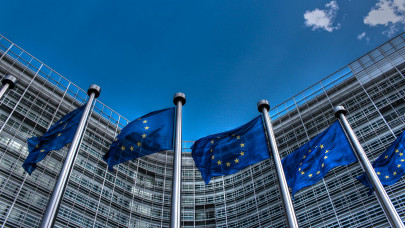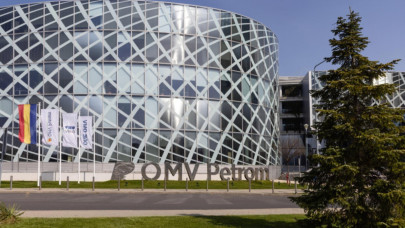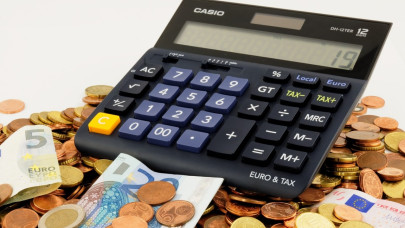Czechia notified the Commission, under the Temporary Crisis and Transition Framework, a €2.5 billion (60 billion CZK) scheme to support companies subject to the EU ETS to further accelerate their green transition.
Under this scheme, which will be fully funded through the EU Modernisation Fund, the aid will take the form of direct grants.
The scheme will be open to companies active in sectors subject to the EU ETS, including energy-intensive industries, such as refineries, and companies active in the production of heavy metals, construction materials, and chemical products.
The purpose of the scheme is to help these industries reduce greenhouse gas emissions from their production processes by at least 40% and their energy consumption by at least 20% compared to today.
In order to be eligible, companies aiming to reduce greenhouse gas emissions need to either electrify their production processes or switch from the use of fossil fuels to renewable hydrogen or renewable hydrogen-derived fuels.
The Commission found that the Czech scheme is in line with the conditions set out in the Temporary Crisis and Transition Framework. In particular, the aid per beneficiary will not exceed either €200 million or 10% of the total budget of the scheme, except for projects concerning refining activities and manufacturing of basic metals, for which Czechia demonstrated that individual amounts up to 20% of the total budget of the scheme may be necessary; will not exceed the aid intensities set out in the Temporary Crisis and Transition Framework and will be granted no later than 31 December 2025.
In addition, the aid is subject to conditions to limit undue distortions of competition, including safeguards for very successful projects generating extra net revenues or reducing costs compared to projections, where the beneficiaries will return part of the aid received to Czechia under a claw-back mechanism. Furthermore, beneficiaries will not be able to increase their production capacity beyond 2%.
The Commission concluded that the Czech scheme is necessary, appropriate, and proportionate to accelerate the green transition and facilitate the development of certain economic activities, which are of importance for the implementation of the REPower EU Plan and the Green Deal Industrial Plan, in line with Article 107(3)(c) TFEU and the conditions set out in the Temporary Crisis and Transition Framework.
On this basis, the Commission approved the aid measure under EU State aid rules.
On 9 March 2023, the Commission adopted a new Temporary Crisis and Transition Framework to foster support measures in sectors that are key for the transition to a net-zero economy, in line with the Green Deal Industrial Plan. Together with the amendment to the General Block Exemption Regulation (GBER) that the Commission endorsed on the same day, the Temporary Crisis and Transition Framework will help speed up investment and financing for clean tech production in Europe. It will also assist Member States in delivering on specific projects under National Recovery and Resilience Plans that fall within their scope.
The new Framework amends and prolongs in part the Temporary Crisis Framework, adopted on 23 March 2022, to enable Member States to use the flexibility foreseen under State aid rules to support the economy in the context of Russia's war against Ukraine. The Temporary Crisis Framework has been amended on 20 July 2022, to complement the Safe Gas for a Safe Winter Package and in line with the REPowerEU Plan objectives. The Temporary Crisis Framework was further amended on 28 October 2022 in line with the Regulation on an emergency intervention to address high energy prices and the Regulation enhancing solidarity through better coordination of gas purchases, reliable price benchmarks, and exchanges of gas across borders.

